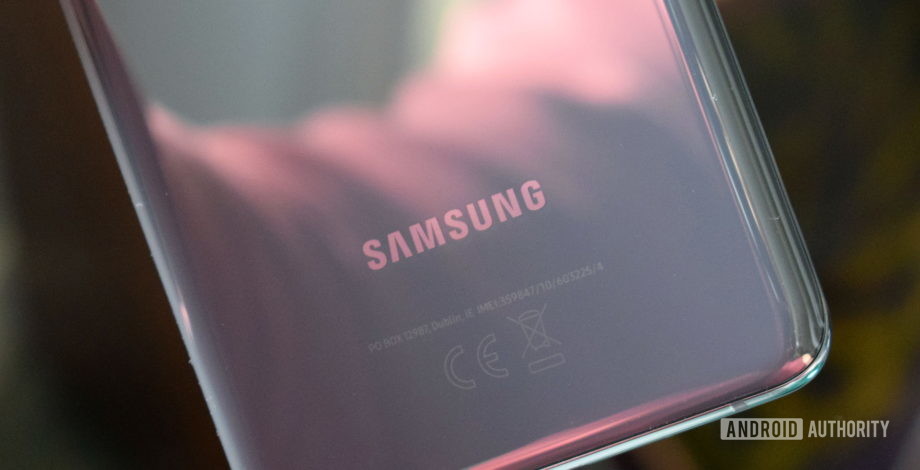
- Samsung announced that Germany will be the first country to use its mobile eID service.
- The service will allow citizens to carry their identification info within their smartphones.
- Samsung Galaxy S20 devices support the solution at present.
Physical identification documents and cards may soon become permanent residents of your dressing table drawer. Samsung Galaxy S20 users in some countries will soon be able to use their smartphones as digital identity cards.
The electronic ID (eID) system, detailed by Samsung today (July 23), will allow citizens to use their smartphones as digital identification tools. Samsung believes eIDs will reduce the time it takes to verify your identity when creating bank accounts or other processes that require authentication. As per the release, the eID service will only be offered in countries that issue ID cards with NFC support.
Samsung explains that the enrolment process will be pretty simple. Users will tap their phones to their NFC-enabled cards, prompting users to enter a PIN. The ID card’s information is then sent to the relevant authorities for authentication. Once verified, the encrypted eID is stored in the device and can be accessed by the user when required.
See also: Best Samsung phones you can get: High-end, mid-range, and entry-level models
Samsung states that the use of eID on its devices stems from the development of a hardware security chip, the embedded Secure Element (eSE). The chip, which was announced in May, is reportedly tamper-proof and generates “unclonable keys” for stronger authentication. Samsung also claims that it works independently of the main chipset’s security processes. It has also made the SDK for the eSE freely available to developers too, allowing them to create apps and services that plug into the eID platform.
As for availability, the German National electronic ID service will be first to plug into the system on Galaxy S20 devices later this year. This comes after a partnership between Samsung, the German Federal Office for Information Security, state-owned security printer Bundesdruckerei, and telecoms firm Deutsche Telekom’s security division.
It’s not clear when the service will be adopted by other nations. Samsung’s system also adheres to eIDAS, the EU’s legislation on digital identification, so we could see a wider European rollout in the months ahead.
Next: How to hide apps, photos, and files on Android devices

